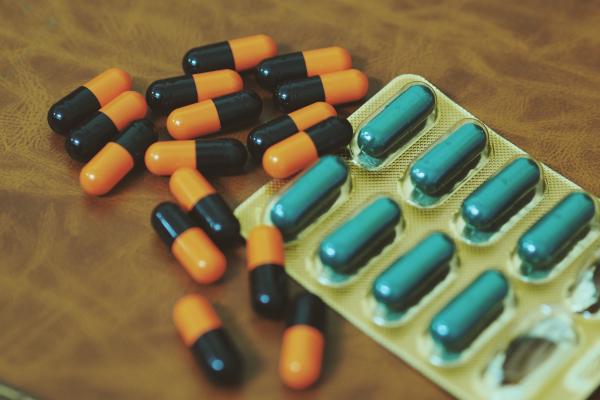
Of the multitude of problems associated with developing new antibiotics, finding a way to provide financial incentives to companies doing the research is especially crucial. This is because antibiotics are not used like other drugs. Unlike a statin, which will be taken for life, they are used for a limited period of time. And they will not be "thrown around" as were the dozens of oral antibiotics that once came routinely from the pharmaceutical industry. We have learned this lesson the hard way. New classes of antibiotics will be controlled carefully, and be used mostly in hospitals. So, there is now little incentive for any company to remain in, or reenter the field, knowing that it will either make little money (or more likely, lose it) even if they come up with a successful drug.
In order to address the economic factors that make antibiotic research feasible, there are two basic incentivizing options that have been discussed over the years. They are referred to as "push" and "pull," both of which are described in detail in the Office of Health Economics May 2107 report entitled "Incentives for New Drugs to Tackle Anti-Microbial Resistance."
A "push" aims to incentivize the industry by reducing the cost of development via tax breaks, a shorter development time, direct grants to cover costs of both research and development, and technological assistance if needed. There is little in this approach to benefit companies, but it has been done in the past. (My 2013 Wall Street Journal op-ed "A Welcome Boost in the Race for New Antibiotics" discusses the $200 million subsidy that GlaxoSmithKline got from the U.S. government to help pay for clinical trials of antibiotics developed by the company.)
By contrast, “pull” mechanisms are designed to offer financial incentives to companies that develop successful antibiotics. One such pull incentive would be to offer a company that discovers such a drug an extra year of exclusivity, but not necessarily for the antibiotic . The extension could be transferred to any drug that the company chooses (1). For example, Pfizer, which earned as much as $10 billion per year selling Lipitor would have had its patent extended from late 2011 to late 2012. By any measure, the pull incentive is greater than the push and could realistically be the determining factor in whether a large company enters or remains in antibiotic research. But this approach has been the victim of partisan politics.
This idea is not new. According to American Council advisor Dr. David Shlaes, "this is an idea that first came up in the Infectious Diseases Society of America's original Bad Bugs No Drugs White Paper in 2004, and the IDSA still supports the idea today." But at that time, House Democrats balked at the idea because it would mean a one-year delay in the introduction of the cheaper generic version of the drug. And things haven't changed much since. Dr. Shlaes is not pleased:
According to Barret Thornhill of the Antimicrobial Innovation Alliance, the Democrats are once again digging in their heels with the same objections. But look, Democrats (I’m one of you, by the way), someone will have to pay for a pull incentive somehow.
Dr. D. Shlaes, Antibiotics, the Perfect Storm (May 27th post)
Barrett Thornhill elaborates:
"It’s very difficult political environment. PDUFA (3) needs to get done, and no one wants to interject anything even tangentially related to the ’drug pricing’ debate. However, we also in a public health sense cannot wait another 5 years for antimicrobial development incentives. The crisis is here now and really should trump any politics."
Barrett Thornhill, Executive Director of the Antimicrobial Innovation Alliance
Talk about short-sighted. Sorry folks, but you cannot have it both ways. Drug companies are not charities, so if we want them to get back to doing what they do better than anyone else, there must be a real incentive, or they will refuse. Given what we are asking them to do—a very difficult task—an extra year of patent exclusivity is a small price to pay. Superbug infections will affect both Democrats and Republicans, so why don't you cut out the nonsense and get this done?
Note:
(1) The bill as proposed needed to have built-in controls, such as a cap on the size of the revenue reward from the exclusivity extension as well as a method to ensure some sort of prioritization so that the most important drugs get the biggest reward. These could have been added during markup rather than just trashing the bill altogether.
(2) The Antimicrobial Innovation Alliance is a Washington, DC-based advocacy group focused on improving the opportunities for R&D leaders in the antimicrobial space. Barret Thornhill is the executive director of AIA.
(3) FDA: "The Prescription Drug User Fee Act (PDUFA) was created by Congress in 1992 and authorizes FDA to collect fees from companies that produce certain human drug and biological products. Since the passage of PDUFA, user fees have played an important role in expediting the drug approval process."



